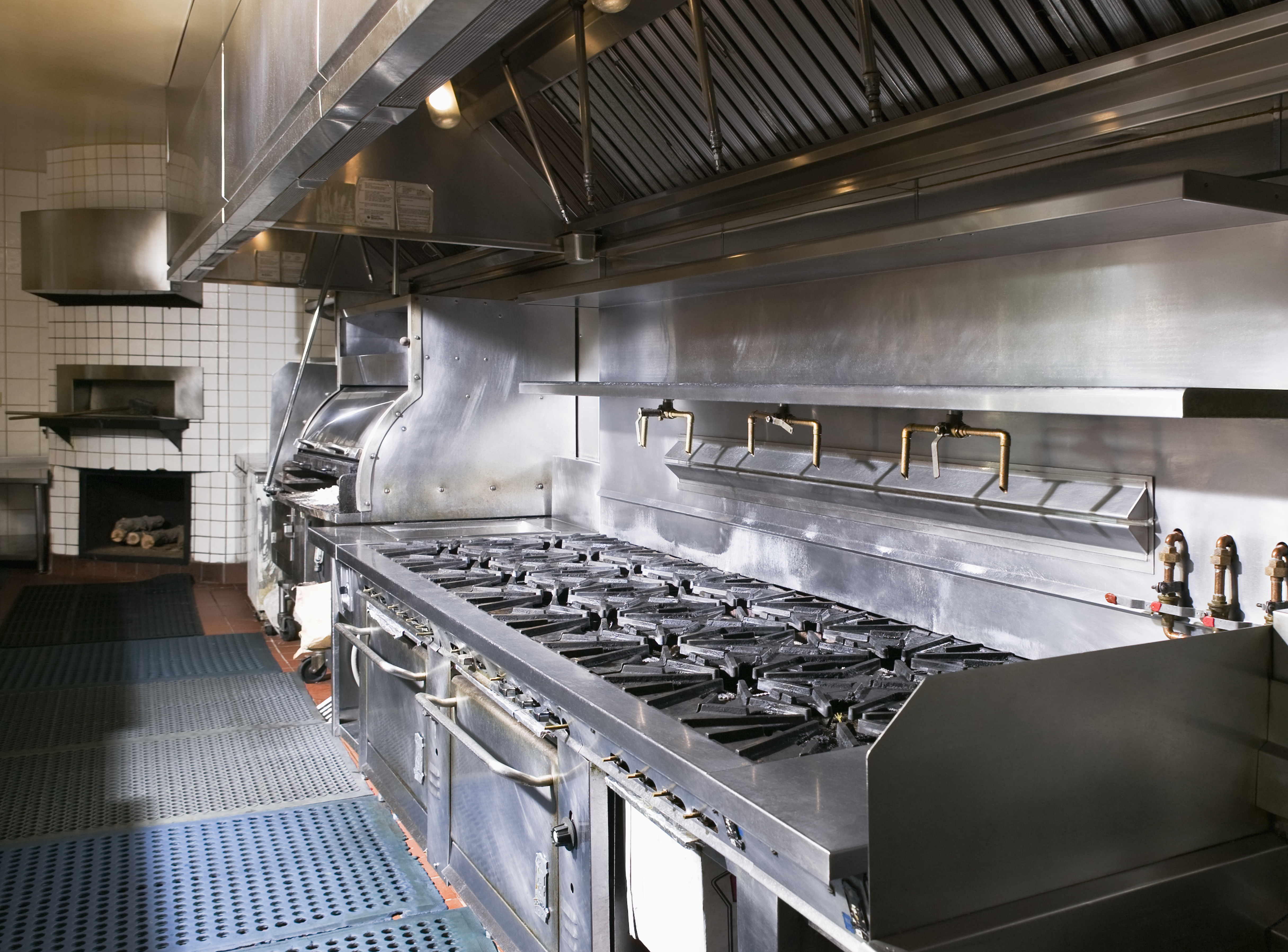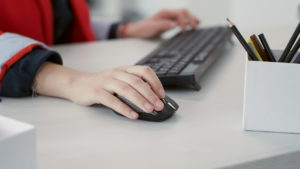Kitchens are known for being hectic, with lots of moving parts and hot appliances. When you work in a kitchen, whether it’s at home or in a commercial setting, there are certain things that can affect the safety of others around you. Putting these tips into practice will keep you safe while ensuring your loved ones are also protected from harm.
1.Don’t overload electrical outlets with too many appliances or extension cords.
This is the easiest and one of the most common mistakes that people make when they are grilling out for their friends and family. The fact is, grills draw a lot of power, so it’s important to keep them on an outlet that isn’t overloaded with other appliances that are drawing power. Not only is it dangerous to overload the outlets, but also an electrician will have to come out if there’s too much of a load on the system.
Cooking without grilling causes you to lose volume, so grilling even if you don’t use it all year round can really be a waste of money.
2.Be aware of where your food is stored and how it’s prepared.
You never know what could happen if you or someone else doesn’t store their food properly, even if they’re cooking for their family. If the food is stored in an unrefrigerated space, it could grow bacteria that makes people sick. This happened once when someone cooked shrimp and fish for their friends and family but stored them outside on a picnic table instead of storing them in their refrigerator.
3.Use separate cutting boards to avoid contaminating food with different bacterias.
Using separate cutting boards helps to avoid cross contamination, which can transfer bacteria into the food that people eat. It’s best to simply use one cutting board for meat and another for vegetables so you don’t risk contaminating your raw meats with things like E. coli and salmonella from veggies.
4.Wash your hands thoroughly after touching raw meats.
If you touch a raw piece of meat, then your hands could have residue from the bacteria on them. If you don’t wash your hands thoroughly after touching the meat, then you risk contaminating other areas in your kitchen with that bacteria, which can transfer to other foods and make people sick.
5. Be aware of open flames
Bear in mind that grilling can produce grease and other flammable materials. Ensure you put out any open flames before grilling to keep your food from catching fire. Never leave grills unattended while using them because they can cause injury or damage if left on for too long.
After grilling is done, turn grills off to prevent them from being used by someone else or accidentally left on. If you have a gas grill with a pilot light, always check the propane levels before grilling to ensure they are sufficient.
6. Keep your griddle clean
Keeping griddles clean will prevent grease from accumulating and causing grease fires. Keeping griddles clean ensures your griddle will be in good shape for next time you need to use it and its lifespan will be extended. If grease does accumulate, take care not to disturb the grime until it has solidified before cleaning your griddle.
Remember to lay out a tarp before cleaning to prevent grime from causing damage to your flooring.


